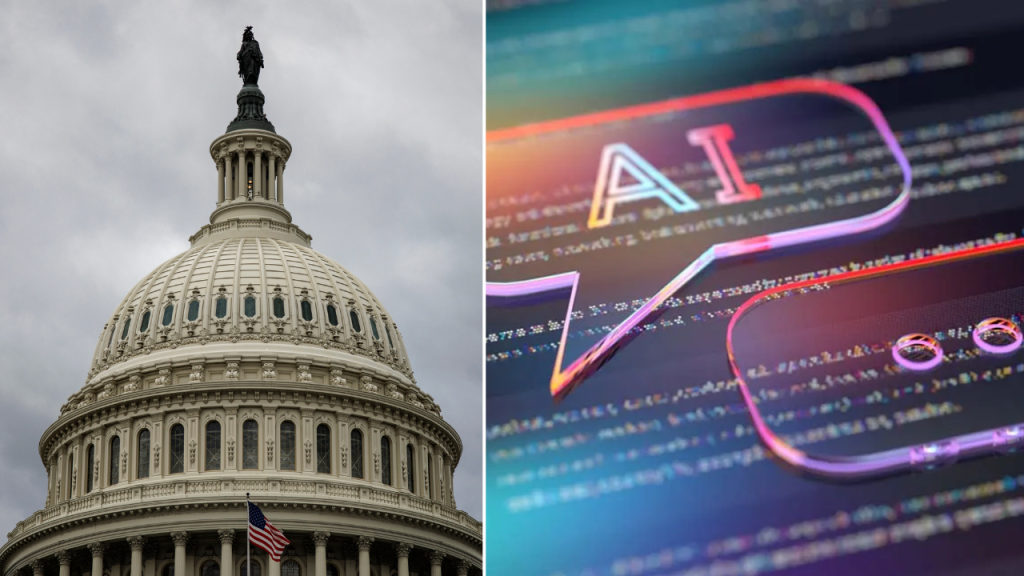The House of Representatives’ bipartisan task force on artificial intelligence (AI) recently unveiled its highly anticipated report, outlining a strategic roadmap for the United States to navigate the complex landscape of AI. The report aims to bolster national security against potential AI-driven threats while simultaneously fostering innovation and maintaining America’s leadership in this rapidly evolving technological frontier. The proposed approach centers on a “flexible sectoral regulatory framework,” drawing both praise and cautious optimism from experts across various fields. While many lauded the report’s balanced approach between promoting innovation and addressing safety concerns, some emphasized the need for greater clarity and more decisive action to effectively manage the transformative power of AI.
A key theme emerging from the responses is the report’s need for further refinement and concrete implementation strategies. While the high-level framework is appreciated, experts emphasize the necessity of detailed plans outlining how and when these frameworks will be established. Concerns were also raised regarding the report’s perceived prioritization of business interests and its lack of emphasis on addressing the potential for catastrophic risks associated with advanced AI systems. The call for international collaboration, particularly with U.S. allies, was also highlighted as crucial for establishing global standards and norms surrounding AI development and deployment.
The urgency for swift action is another prominent aspect of the discourse surrounding the report. While acknowledging the complexity of AI regulation, some experts advocate for more aggressive protections, particularly in areas like online safety and parental controls. This sentiment reflects the rapid pace of AI advancement, underscoring the need for regulations that can keep pace with technological developments and effectively mitigate potential harms. The report’s acknowledgment of the evolving nature of AI and its suggestion of an incremental approach to policymaking were welcomed, but the challenge remains to balance this cautious approach with the need for timely and effective interventions.
The report’s potential impact on state-level AI regulation is another significant area of discussion. With some states already enacting AI-specific legislation, experts believe the federal report could serve as a catalyst for further state-level action. The hope is that the report’s “soft law” standards can complement and harmonize with state-level efforts, creating a more consistent regulatory environment across the nation. This could simplify compliance for businesses, promote consumer trust, and reduce regulatory complexity, while simultaneously empowering states to address specific local concerns and tailor regulations to their unique contexts.
The balance between fostering innovation and ensuring responsible AI development is a central tension addressed in the report. Experts generally commend the task force’s efforts to strike this balance, emphasizing the importance of a nuanced and flexible approach to regulation. The consensus is that over-regulation could stifle innovation and hinder the United States’ competitiveness in the global AI landscape. Therefore, a more targeted approach focusing on specific aspects of AI policy is recommended, allowing for adaptability and responsiveness to the rapid pace of technological change.
Finally, the report’s acknowledgment of the inherent unpredictability of AI development is seen as both refreshing and daunting. This recognition underscores the complex challenges in regulating a technology that is constantly evolving and whose long-term impacts are still largely unknown. The task force’s open acknowledgment of this uncertainty highlights the need for continuous learning, adaptation, and collaboration between policymakers, researchers, and industry stakeholders. The overarching goal is to create a regulatory environment that fosters innovation, addresses potential risks, and ultimately ensures that AI benefits humanity.

